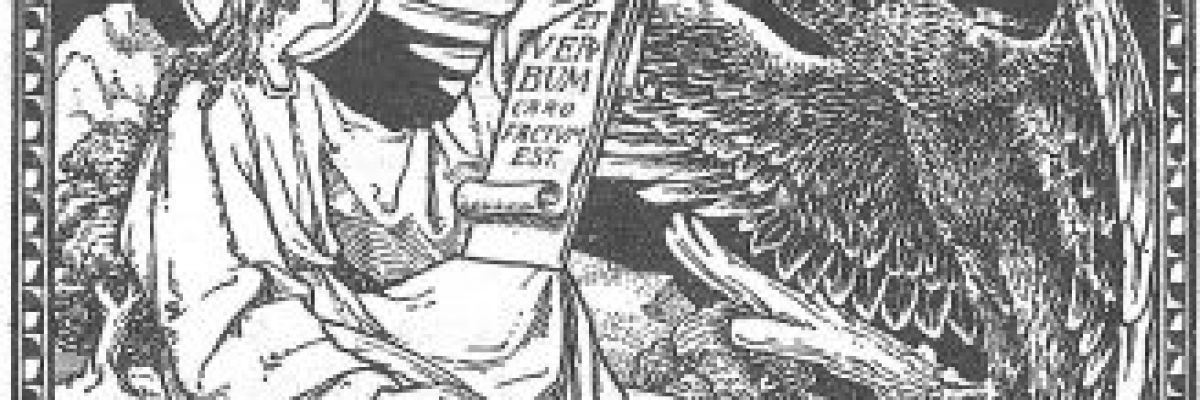
In the third book of his Ecclesiastical History (written around 325), Eusebius says that in the earliest days the Church “remained a pure and uncorrupted virgin, for those who attempted to corrupt the healthful rule of the Savior’s preaching, if they existed at all, lurked in obscure darkness.” It wasn’t long, though, before enemies—internal and external—made themselves known.
“When the sacred band of the apostles and the generation of those to whom it had been vouchsafed to hear with their own ears the divine wisdom had reached the several ends of their lives, then the federation of godless error took its beginning through the deceit of false teachers who, seeing that none of the apostles still remained, barefacedly tried against the preaching of the truth the counter-proclamation of ‘knowledge falsely so-called.’”
“The federation of godless error” is a phrase as appropriate for the twenty-first century as for the first. If it has a modern ring to it, it’s because error, the most boring of all things, hasn’t changed in twenty centuries. For any doctrinal errors you find today, you’ll find analogues or even exact matches during the years following the death of John the Evangelist, the last survivor of the apostles (and the only one who died of old age rather than of martyrdom).
One difference between now and then is that many enemies of today’s Church don’t choose to lurk in obscure darkness. They prefer to bathe in the lights of the cameras. They aren’t so much interested in countering the teachings of the Church, which they dismiss as passé, as in promoting their own pet theories. In ancient times they would have been lumped among the Gnostics, those who claimed secret knowledge.
One such man from the end of the first century was Cerinthus, an opponent of John. Cerinthus taught that Jesus was not divine, that there was no Virgin Birth, that Joseph was Jesus’ father, that the Christ came to Jesus only at his baptism and abandoned him at the Crucifixion, and that God did not create the physical world, which was fashioned by lesser beings.
Irenaeus (d. 202), in his Against Heresies, recounts a story told by Polycarp (d. 156), who had studied under John. One day the apostle was in the public baths when Cerinthus entered. John stood up and told his companions, “Let us flee, lest the building fall upon us, for the enemy of truth, Cerinthus, is inside.” An ancient tradition holds that John wrote his first two epistles as a counter to the errors of Cerinthus.



